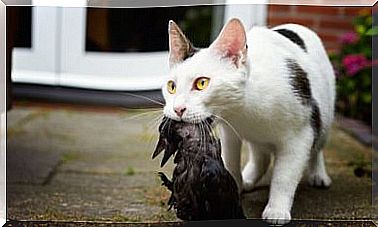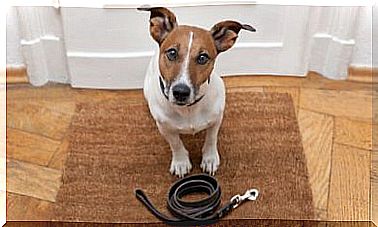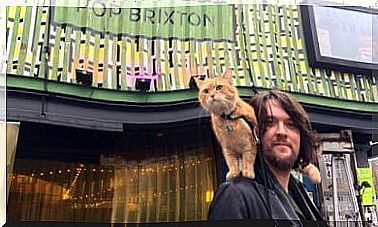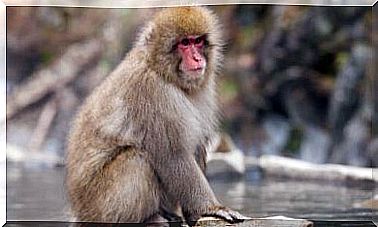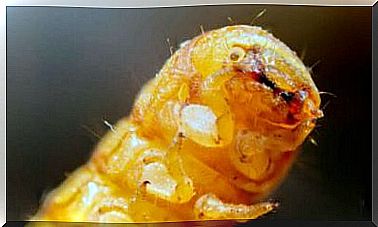Why Do Horses Neigh?
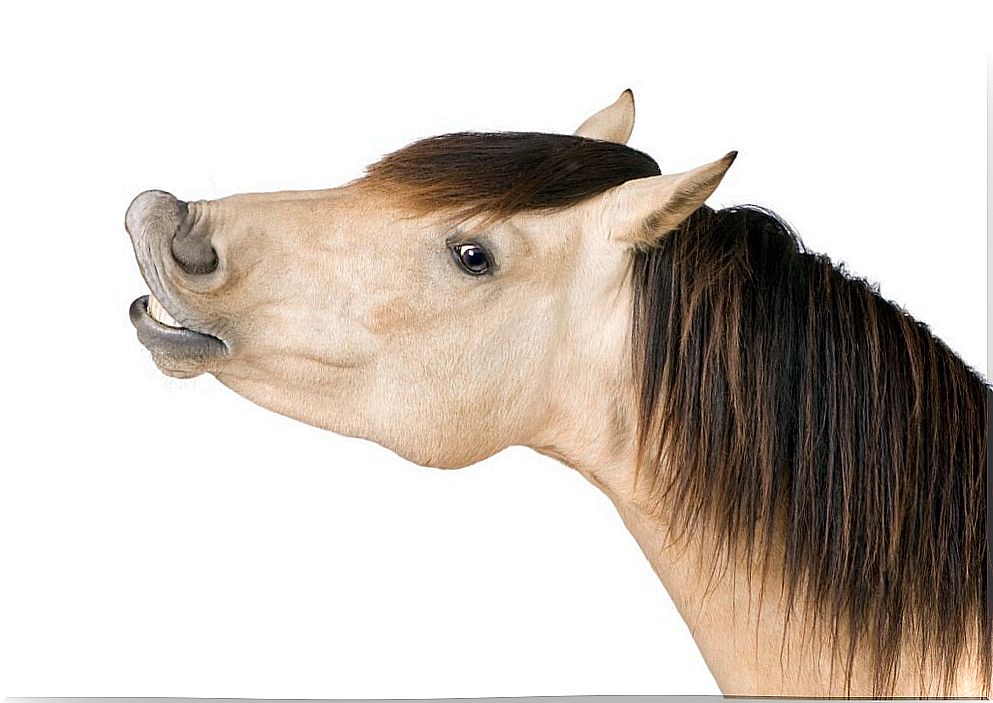
Humans aren’t the only living things to make use of their vocal cords as well
facial muscles for the transmission of messages. Many other animals, in fact, possess the ability to communicate, and they do so in the most surprising ways. Horses, for example, use different mechanisms to be able to express themselves.
It is in fact common to hear them sigh, scream, roar, snort and neigh. Their linguistic repertoire is so overwhelming that, at times, it can be difficult to decipher what they are trying to tell us with their clamor.
But why do horses neigh?
How do they communicate with each other?
Among the communication mechanisms of horses we find the sense of smell, contact, posture, facial expressions, movements of the tail and oral communication, which depends very much on the context.
Experts on the subject affirm that, through neighing, snorting and other oral manifestations, equines express an emotional state.
However, according to German riders Reiner Klimke and Ingrid Klimke, not all horses use their voices in the same way.
There are some who hardly ever vocalize and others who greet every other horse they meet with a thunderous neigh. Equines have very strong personalities, so you shouldn’t expect them all to behave in the same way.
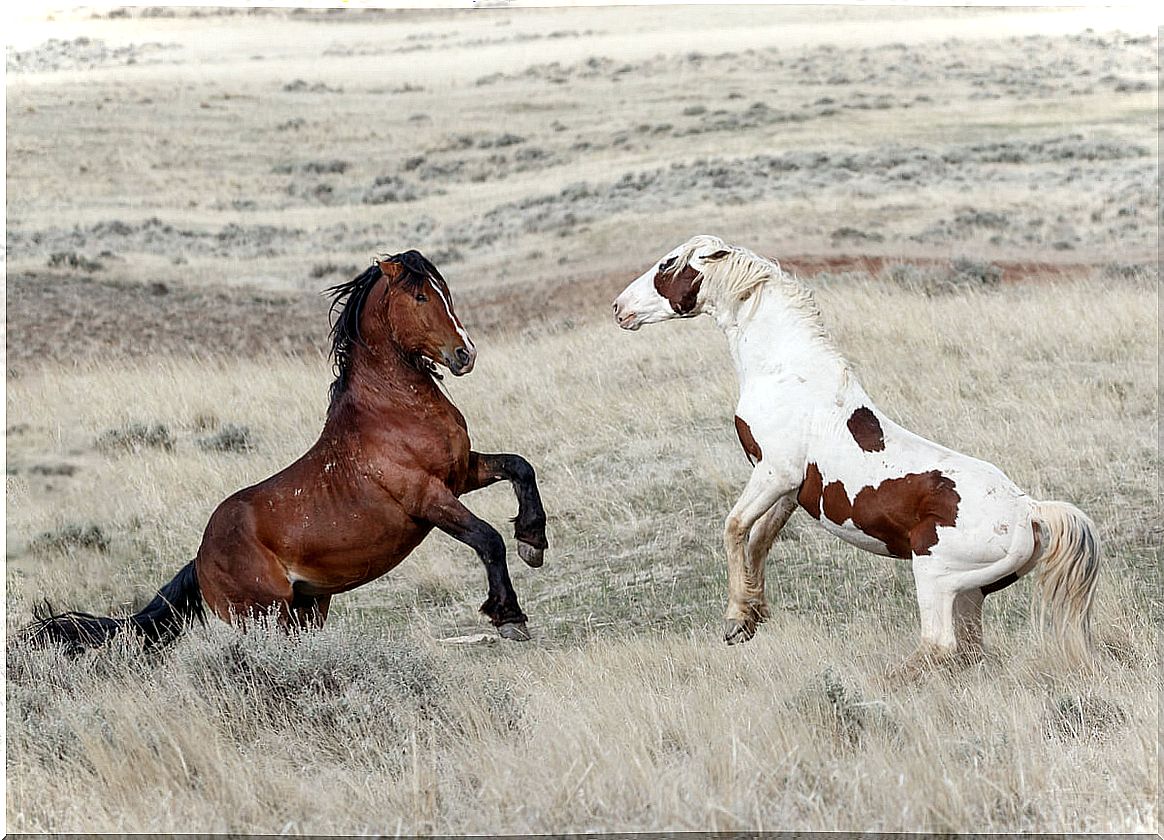
Emotions in horses
Did you know that some horses can get scared when they see a shadow or when they enter dark places? Some are even afraid of noises, such as the hiss of the wind. Others must be accustomed to the presence of people in order not to be afraid, because being animals of prey, they have the instinct of flight encoded in their genome.
The emotions that horses feel influence the social relationships that are generated between them. However, the great richness of that emotional world makes them curious about everything new, so it is normal for them to investigate once they have overcome a first moment of fear.
These animals are not curious by chance, but this quality is closely related to their instinct to explore the world in search of water, food, shelter or other companions. On the other hand, they have also developed strategies to detect warning signs and act in the face of news or rapid movements, which make them flee.
Why do horses neigh?
Neighing is one of the best known horse sounds and one of the longest and loudest, although the pitch depends on the intensity of the communication.
When you hear a horse neigh, the reason could be one of the following:
- He wants to communicate his position to the rest of the group in case he gets separated.
- Try to communicate a danger close to another horse or human being.
- You want to welcome someone you haven’t seen in a long time.
- He is showing affection.
- He is very happy, especially if the neighing is accompanied by non-threatening slaps on the ground.
Also, it is quite normal for young horses to respond to others when they neigh, and to neigh profusely at the sight of the feed truck. Regardless of the reason for the sound, most nitrites last around 1.5 seconds and are loud enough to be heard up to almost 1 kilometer away.
Experts say that, contrary to what the general population tends to believe, neighing is not induced by fear. It could rather be a request or an informative statement, in which – usually – the ears are stretched forward, the neck is shown high and the tail is positioned slightly raised.
Why do horses snort?
Horses snorting is another of the sounds we hear them make the most, but unlike neighing, it can be associated with feelings of alarm or frustration. The horse snorts, for example, if it has a stomach ache, if it wants to take a break or if it needs to slow down when it is ridden.
However, this sound can also mean that the equine is happy and relaxed. For this reason it is important to distinguish the puffs produced by the horse when it is tense or excited, as it can release the air even through long sighs, such as in a state of relaxation.
For a long time it was also believed that the reason for the horse’s snort was to expel phlegm, flies or objects present in the nostrils. However , the study An Unexpected Acoustic Indicator of Positive Emotions in Horses, published in the journal PLOS ONE, found that horses have a habit of snoring when they feel happy.
Based on this premise, the researchers documented the following: Horses that are enclosed and fed low-fiber meals chug much less than those living free, with full hay and grass available. In other words, the less stress on the animal, the more puffs it produces.
Communication between horses and humans
Studies claim that conflicts sometimes occur in interactions between horses and humans. These could be avoided if you know their body signals, their facial expressions, the sounds of their voice and their emotions.
Therefore, recognizing the horse’s language helps you to interpret what this animal wants to communicate. Whether you live with one often or simply want to learn more about them, knowing the communication guidelines in horses is an enriching element.
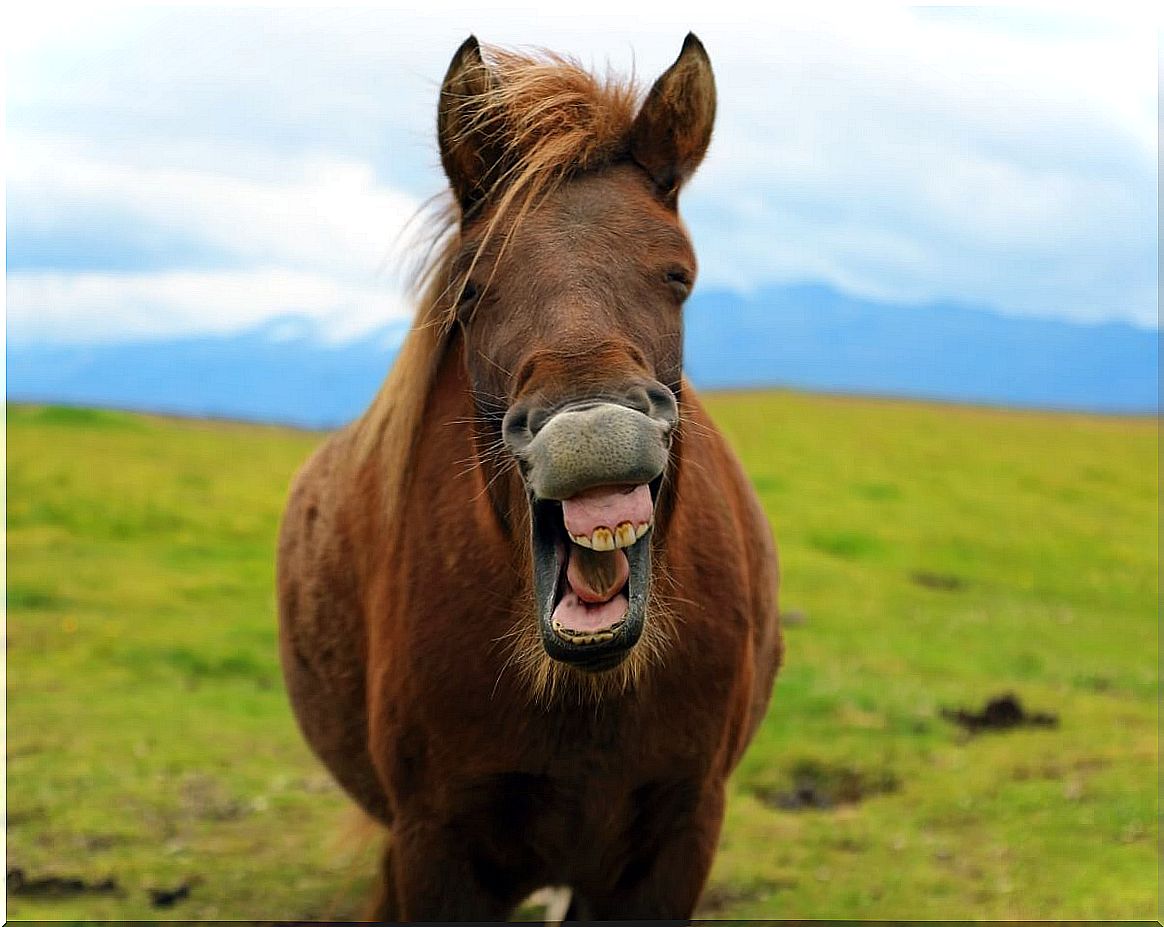
It is essential to study and observe the forms of communication of equines to create good bonds with them and to deepen the knowledge of their biology. Remember: it’s not just about horseback riding, the key thing is to respect it. Although some people regard them as tools of transportation, horses are beings with feelings, emotions, and a personality that are worth knowing.
